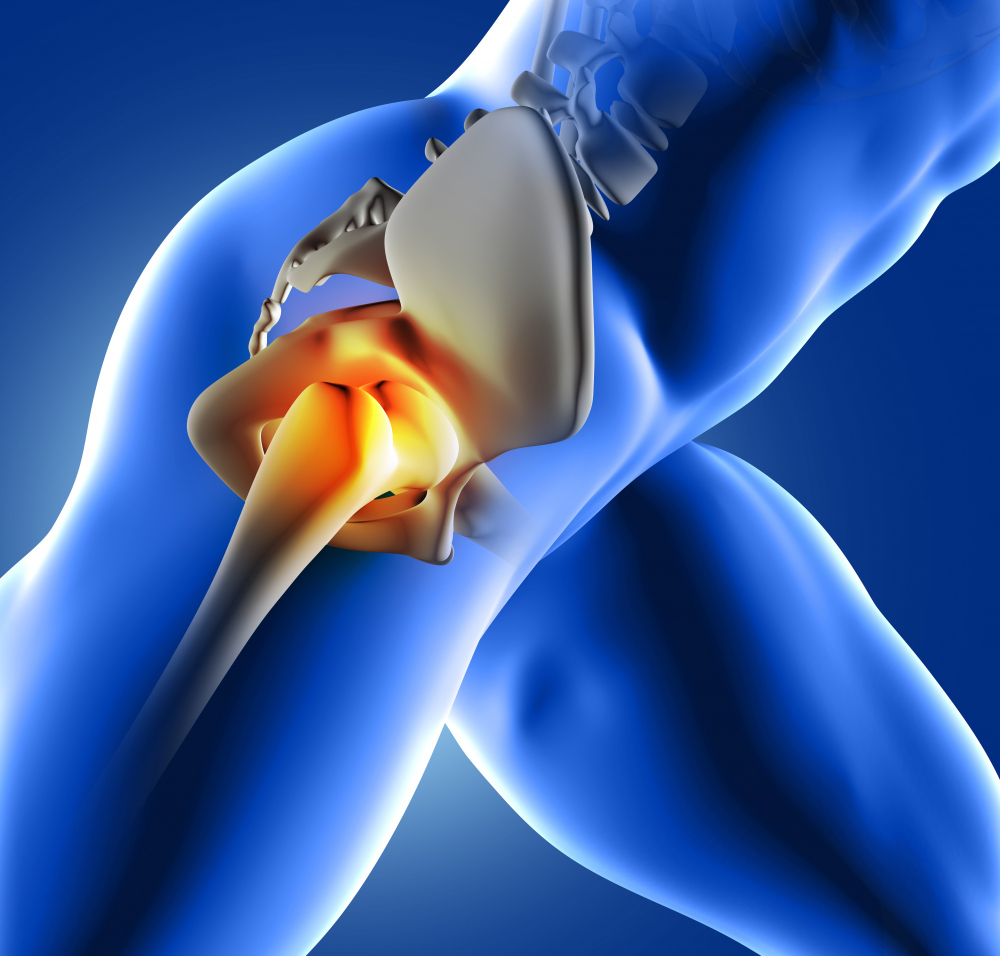Hip Impingement (FAI) Syndrome
Hip Impingement (FAI) Syndrome
Hip Impingement Syndrome, medically known as Femoroacetabular Impingement (FAI) Syndrome, is a condition that occurs due to the abnormal anatomical relationship of the femur (thigh bone) head in the hip joint and the acetabulum (hip bone) socket of the pelvis. This syndrome describes situations where the femoral head comes into contact with or gets stuck in the acetabulum. FAI Syndrome can cause pain, stiffness, and other symptoms in the hip joint and can lead to joint damage if it progresses.
FAI Syndrome generally includes the following three main subtypes:
Glass Ceiling Type (Glass Type):
This subtype occurs because the femoral head is oval and the acetabular socket is circular. This shape mismatch can cause the femoral head to get stuck against the edge of the acetabulum.
Rod Type (Pincer Type):
This subtype occurs because the acetabulum covers the femoral head excessively. The femoral head may become stuck at the edge or front of the acetabulum.
Combined Type (Mixed Type):
This subtype includes a combination of glass roof type and rod type. In other words, it is characterized by both the oval femoral head and the excessive covering of the acetabulum.
Symptoms of FAI Syndrome may include:
Hip pain, especially when bending, sitting or exercising.
Hip joint stiffness or limitation.
Muscle weakness.
Tenderness in the hip area.
Muscle imbalances resulting from weak hip muscles due to hip pain.
Diagnosis of FAI Syndrome is typically made through physical examination and imaging tests such as x-rays, MRI (Magnetic Resonance Imaging) and/or computed tomography (CT) scans. Treatment may vary depending on the severity of symptoms and the patient's age, activity level, and general health. Treatment options may include:
Conservative Treatment: Conservative treatment methods such as physical therapy, pain management, exercise programs, lifestyle changes and anti-inflammatory medications can help relieve symptoms.
Surgical Treatment: Surgical intervention may be required for patients with advanced FAI Syndrome. These surgical procedures may involve reshaping the femoral head and/or acetabulum.
Treatment for FAI Syndrome may vary depending on the individual situation. Therefore, collaborating with an orthopedic surgeon or specialist is critical in determining the correct diagnosis and treatment plan.

 TR
TR  EN
EN  RU
RU 


.png)